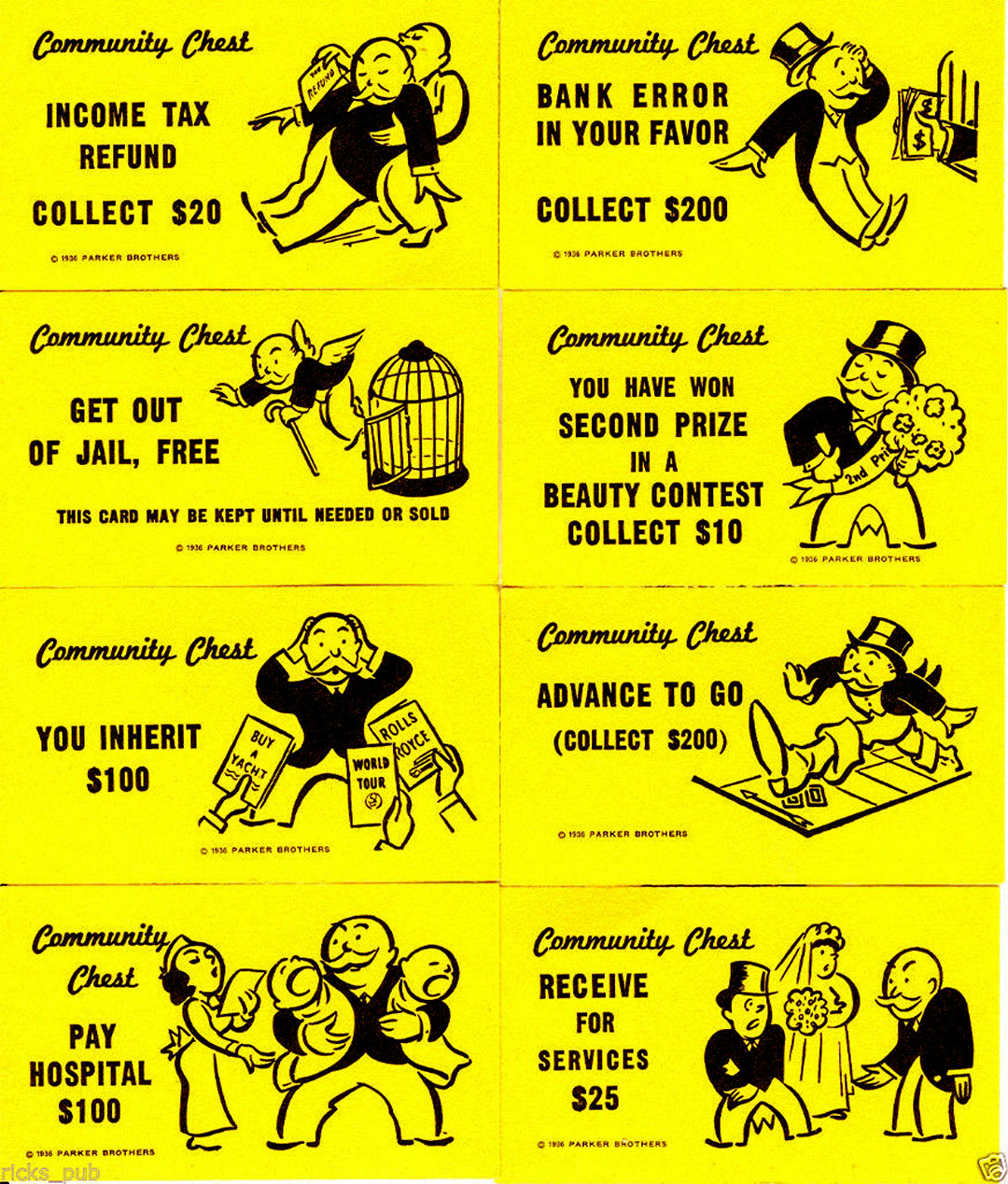
Government monopoly examples license#
A patent is a license that the government may issue to a company to provide them with exclusive rights to a name, product, procedure or invention. The government can distribute patents and copyrights to particular entities to make them eligible for monopoly. Related: Public and private sector: definitions and examples Issuance of copyrights and patents Examples of monopoly may include mail delivery and childhood education. This may happen in developing countries, where governments may be responsible for a profitable industry to create an income stream for the country. This means that the government may now provide the said product instead of private firms. The government can control an industry's product by nationalising it. Causes of monopoliesĪ monopoly can occur through: Nationalisation Since the processing and cost of eyewear may be high, most companies may choose to get the products from said company instead of manufacturing spectacles themselves. This is because the primary company may have invested in luxury eyewear brands and the manufacturing of spectacle parts. While there may be many brands that sell spectacles around the world, approximately 80% of these retailers may source their products from one company. The government may also control electricity to ensure affordable prices. It may also be difficult to privatise water resources for monetary gain, so water can mainly be a monopoly under government control. Water resources may often be under government control to enhance conservation and ensure good quality and disease-free water is available to every individual. Related: What jobs can you do with an urban planning degree? Water and electricity Such regulations may make it challenging for private firms to build their own roads. Some countries may also have plans or regulations on how the city roads may look, where engineers can build them and what material they may use. This may be because the cost of building a road can be hefty and it may also be difficult for developers to price the use of a certain road.

Most of the world's governments may control and build roads on behalf of citizens of the country. Prices of public railway transport are also reasonable, which can allow the government an advantage over private firms. The costs of laying track, building a network of railways and buying or leasing the trains can minimise or deter the entry of a competitor. The government may provide public transportations services like railways to ensure increased accessibility in an area. Here are examples of monopolies in business you can use to illustrate their importance: Railways Monopolies can also show that the company has exclusive possession or control of the supply and production of goods and services. On some occasions, monopolies may exist so that consumers can benefit from low costs and high-quality goods. Consumers may purchase specific goods or services from this one company almost exclusively.

Monopolies may occur when one company dominates an entire industry by producing a certain product exclusively, often with little or no competition. What is a monopoly?īefore we look at examples of monopoly, it is useful to understand what a monopoly is. In this article, we define a monopoly, provide examples of monopolies, explain how it may occur, discuss their importance and answer some frequently asked questions. Learning about monopolies can help you better recognise them and may allow you to understand how they function. Where competition among businesses in one industry is minimal, monopolies can occur. In doing so, both government regulation of the price of a necessary good and a continuous supply is guaranteed, with external competition curtailed by the formation of a monopoly.Competition among businesses may be a common feature, especially in markets where many companies sell the same product. The government may then support the total market share of a single corporation in providing water, electricity, or natural gas to its public. Natural monopolies are often found in the market for public utilities relatively high-cost sectors that deter capital investment.


 0 kommentar(er)
0 kommentar(er)
